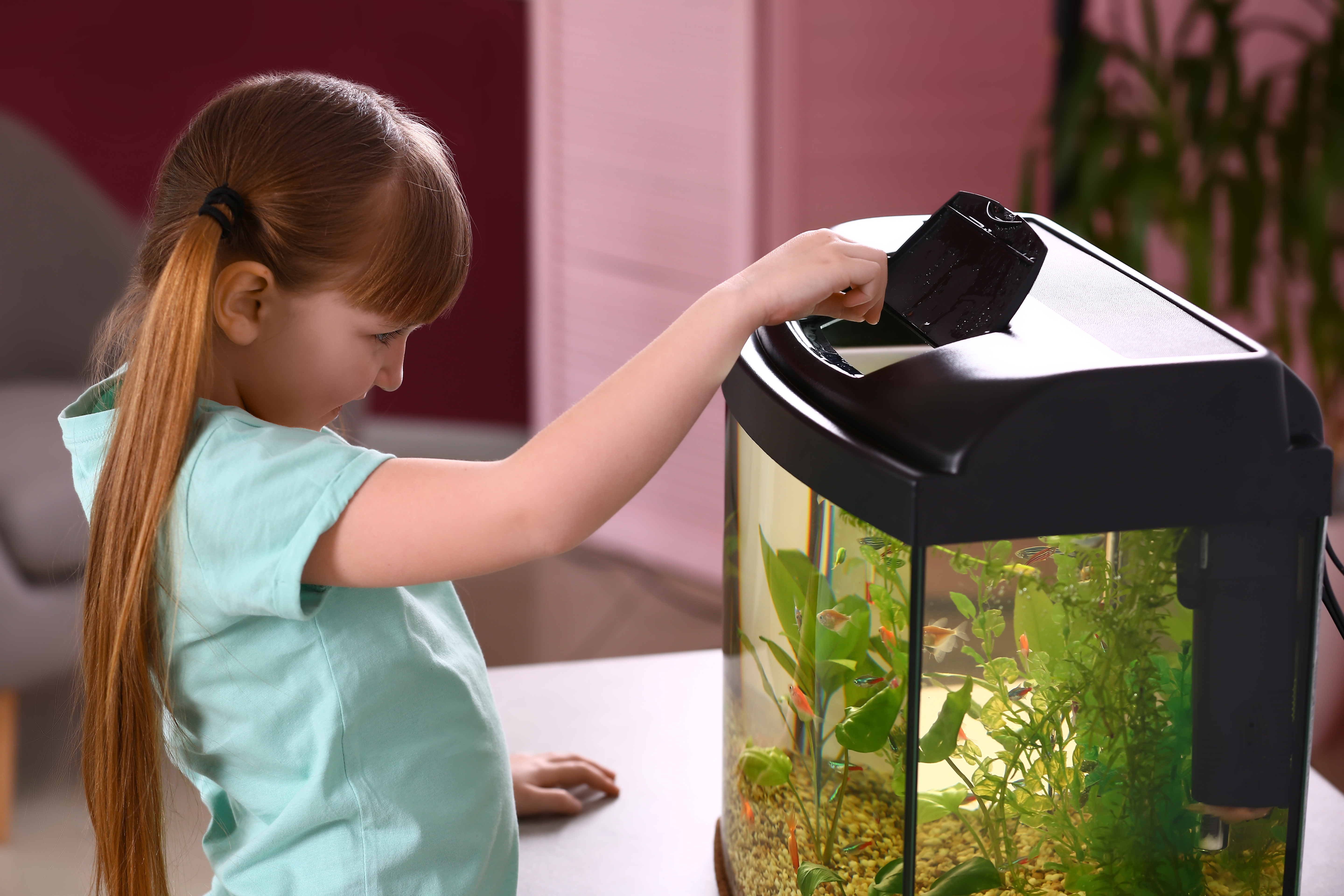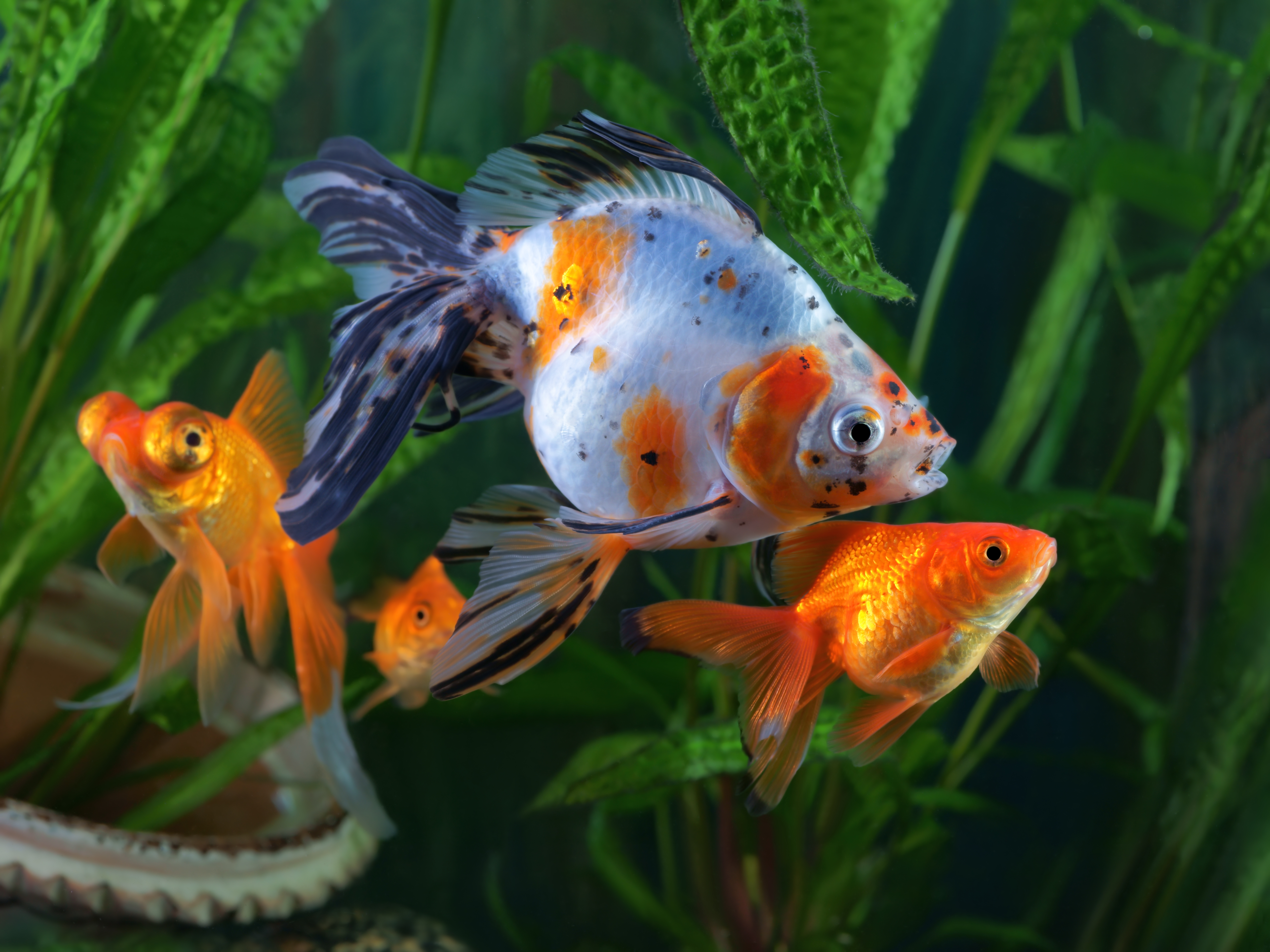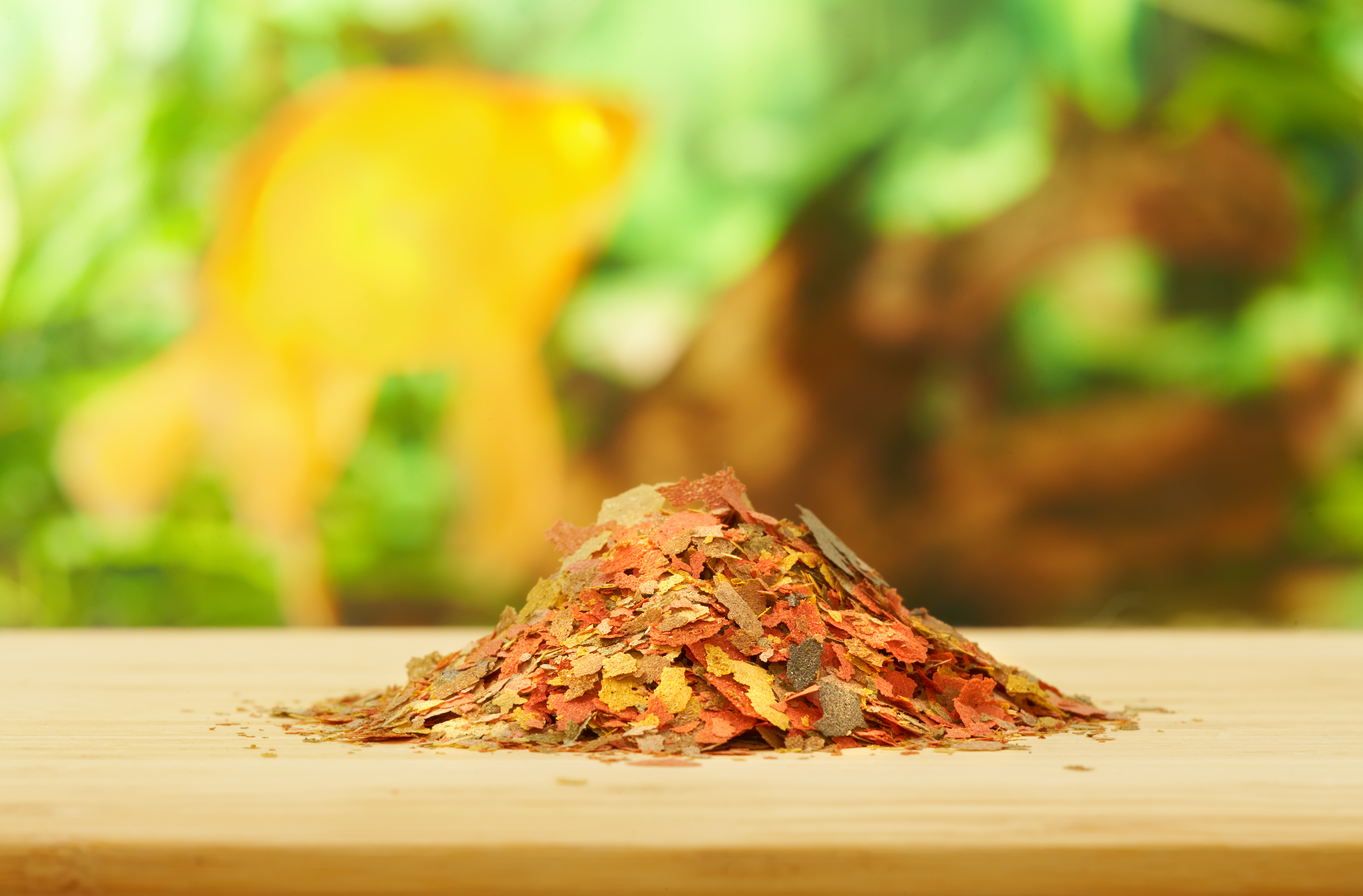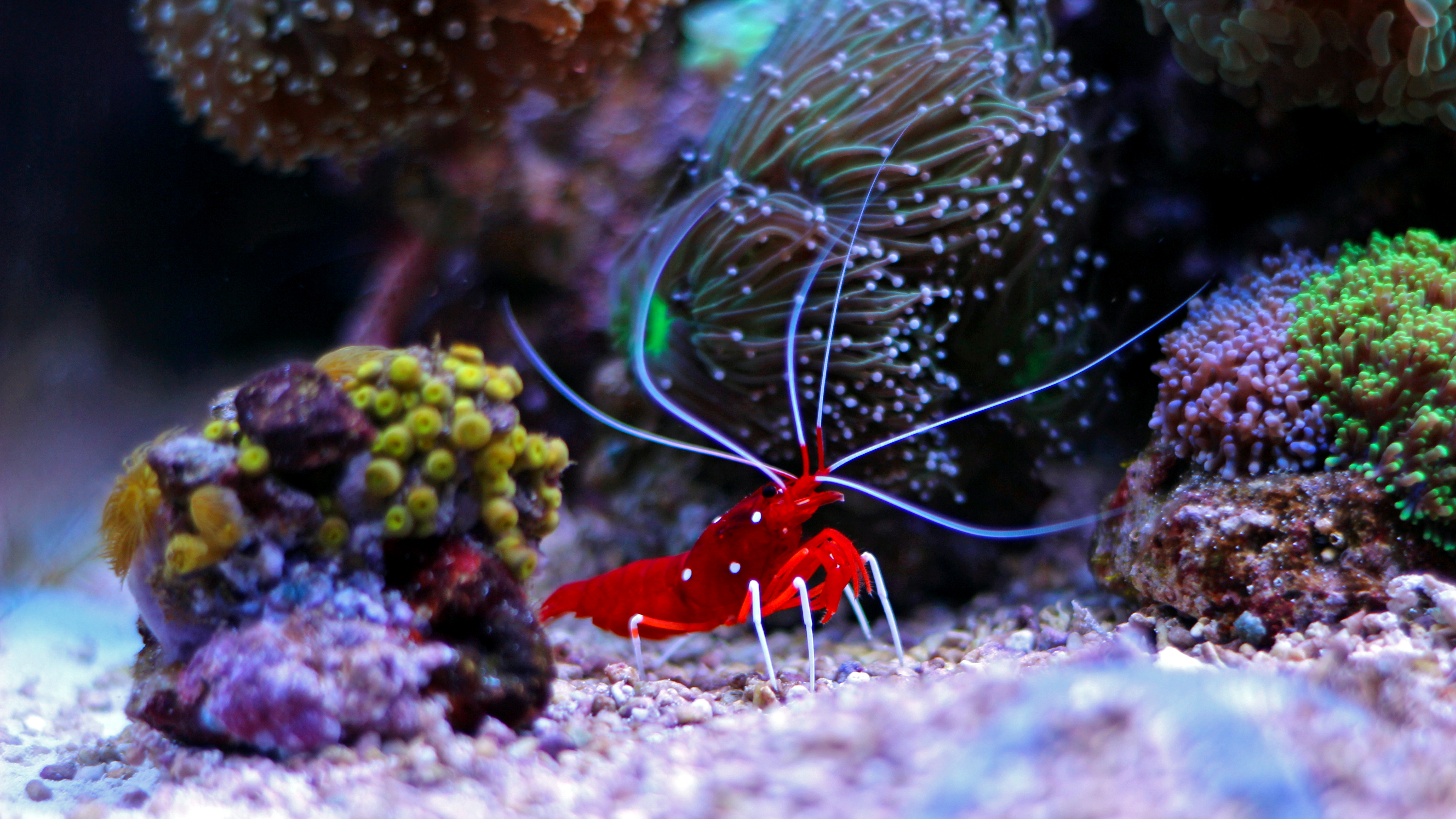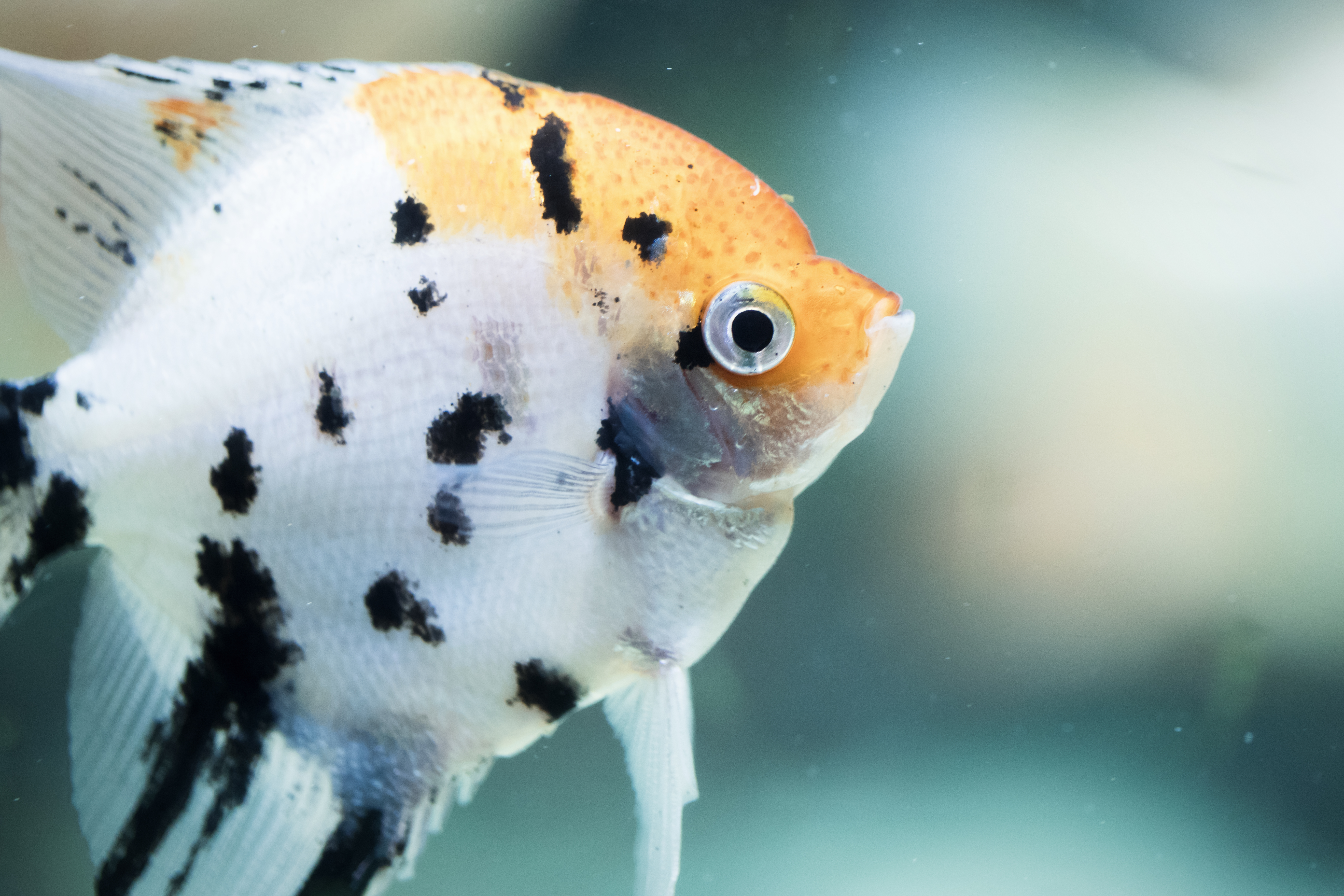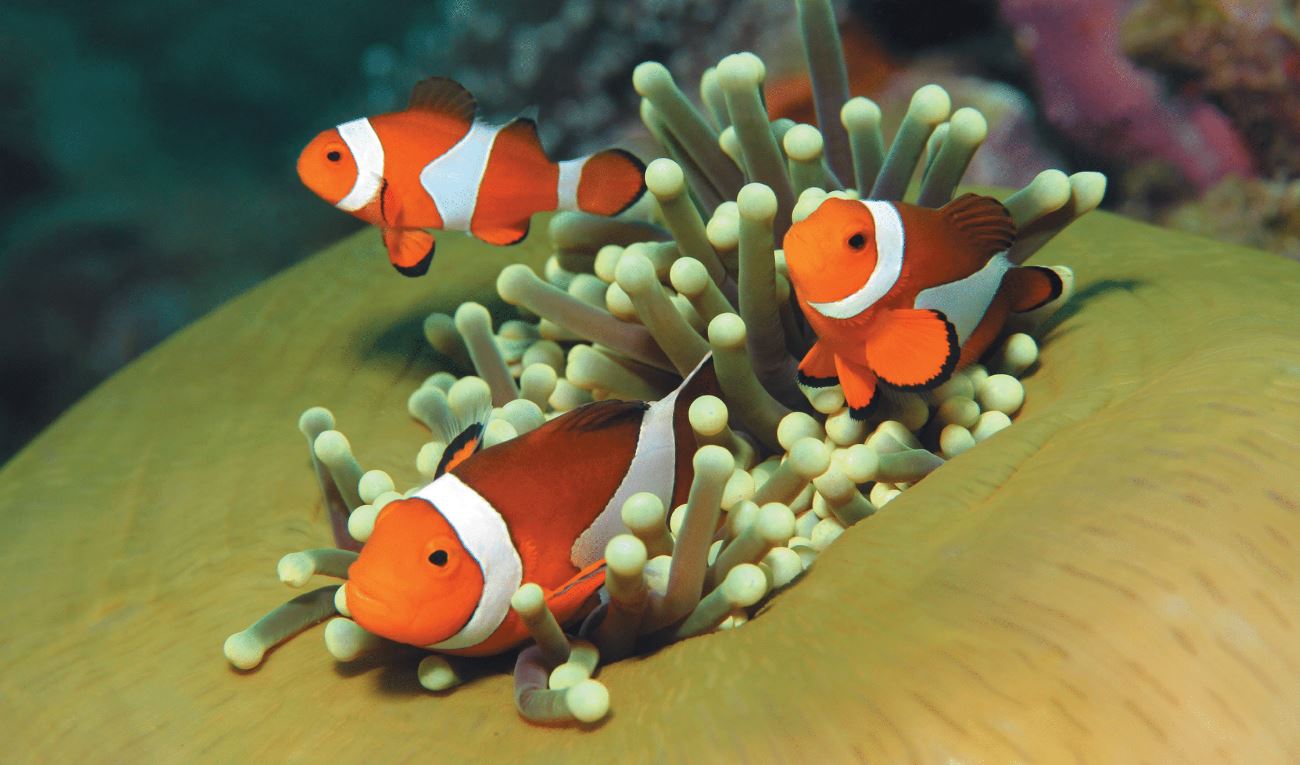Protecting a Pond
Joe Olenik //February 10, 2014//
Pond and water garden owners face a variety of concerns when it comes to protecting their spaces, and retailers have a golden opportunity to offer solutions, gain their patrons’ trust and loyalty, and increase sales.
By demonstrating knowledge, offering quality products and helping hobbyists avoid and/or resolve problems, aquatic retailers can enhance their customers’ enjoyment of their ponds and keep them coming back.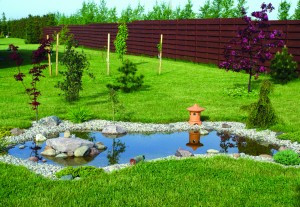
Protecting an outdoor water feature typically involves the elements and predators, but introduction of diseases and toxic lawn chemicals are also of concern. In northern climates winter freeze is the primary concern in terms of the elements, while in southern states excessive heat during summer months can be devastating to fish populations.
Predators typically include wild animals such as herons, cranes, raccoons and even muskrats, minks and large snakes, however free ranging domestic cats are known to hunt and catch fish as well. Finally, lawn care products can wash into ponds during heavy rains, with devastating results to fish and plant life.
Protection From the Elements
In areas where winter freeze occurs, a pond should have a section that is at least 36 inches deep if fish are to be left out year round, and a deicer and/or aerator should be installed to keep a hole open in the ice for oxygen exchange.
Rolf C. Hagen offers several winterizing kits in their Laguna line that include heating elements and aerators, along with pond netting to keep falling leaves and other debris from accumulating in the pond.
Decomposing organic material not only consumes oxygen but may lower pH to unsafe levels. These products should be stocked and advertised as autumn approaches.
Oxygen depletion can also occur during extremely hot weather, especially if water circulation is poor. This is can be potentially lethal to fish in heavily stocked ponds, and is a primary contributor to undesirable algae outbreaks. Waterfalls, fountains, aerators and additional circulation pumps all help to alleviate this problem.
Many submersible pond pumps such as E. Danner’s Pondmaster line can be fitted with fountain heads to create surface agitation, as well as diverter valves to drive waterfalls or circulate water around the pond at the same time. Lily pads and floating plants like Hyacinth and Water Lettuce help shade and cool water to improve dissolved oxygen content, and have the added effect of providing fish with refuge from predators. Water Hyacinth and Lettuce spread rapidly with good sunlight, and help in preventing nuisance algae and green water outbreaks by blocking sunlight and using excess nutrients. Retailers should stock these plants and promote their use.
Predator Protection
Predatory wildlife such as Blue Herons, cranes, raccoons and even domestic cats are becoming increasingly problematic, particularly in populated residential areas. Once conditioned to available food, they will return regularly for an easy meal, decimating valuable fish collections.
Offering customers protective devices against these marauders will keep their enthusiasm level high and keep them coming back to your store. Pond netting can be effective, but detracts from the visual appeal of a water feature and animals can become entangled in them, sustaining injuries and potentially damaging plants and pond equipment as they thrash about in an effort to free themselves.
Herons are territorial by nature and will usually not land where another heron has set up residency. Artificial life-size herons are inexpensive and easily installed. They should be moved frequently, however, as live birds quickly figure them out, rendering them ineffective. Artificial alligators that move around the pond with changing wind patterns are much more effective and can add an interesting visual effect.
The Contech Scarecrow is a motion activated sprayer that hooks up to a garden hose and releases a high velocity water jet when predators approach. They can be adjusted for spray arc and detector sensitivity for maximum effectiveness.
More recently, ultrasonic repellers like The Guardian are gaining in popularity. These devices release a high pitched sound that is undetectable to humans but scares predatory animals away. Many are programmable for specific animals, and have adjustable sensitivity ranges.
Chemical Worries
Another concern for pond enthusiasts is run-off from lawn chemicals that are applied around or near a pond. Lawn care providers should be well-versed in proper use of their products, but heavy rains can wash these chemicals into a pond, wreaking havoc on fish and plant life.
Ponds that are installed at the bottom of slopes where lawn care chemicals will be used, should have a burm or raised planter bed around them to prevent run-off from entering the water.
Providing pond enthusiasts with sound information and quality products to address their needs will establish retail aquatics shops as go to destinations and ensure success for years to come.






